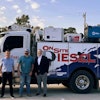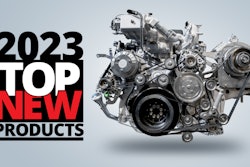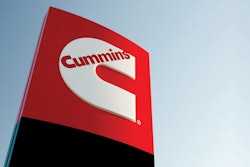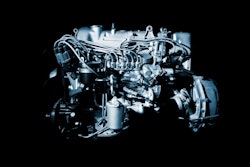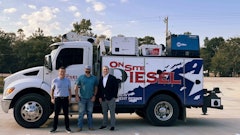
Mahle, developer and manufacturer of conventional combustion engines and hybrid systems and electric units, has received a series order from engine manufacturer Deutz for the development and supply of components for hydrogen engines. These are so-called power cell units, i.e. units consisting of the piston, the piston ring pack and the piston pin, which Deutz plans to use in stationary hydrogen engines for the first time from the end of 2024. Further applications in the off-highway sector, such as agricultural and construction machinery, are planned. These new engines can be operated in a climate-neutral manner using hydrogen produced from renewable sources since no CO2 is produced when the hydrogen is burned. Mahle has already been working for years on engine systems for hydrogen and other climate-neutral fuels. The Stuttgart-based technology group is contributing this expertise to the Deutz project.
“We see hydrogen as an important building block for sustainable mobility, especially in the commercial vehicle sector. This project with Deutz is a milestone with a lighthouse effect because it shows that there are other technological levers besides electrification to achieve climate-neutrality,” said Arnd Franz, CEO and chairman of the Mahle management board.
“To keep the world moving, we need different technology options. What a climate-neutral excavator or combine harvester will look like remains to be seen. For engines that are constantly in use and move large loads, several options are possible. One of them is the hydrogen engine. Our successful pilot projects demonstrate the potential in the commercial vehicle sector. With Mahle, we now have a strong partner to help us enter series production of our hydrogen engines at the end of 2024,” said Dr. Sebastian C. Schulte, chairman of the Deutz management board.
For use in the hydrogen engine, Mahle has adapted and further developed the aluminum piston and piston ring pack from classical diesel technology. In hydrogen combustion, a key challenge is to find the optimum between the gas mixture that is forced into the crankcase during the combustion process and the oil consumption. Mahle has already verified the reliability of the hydrogen components in a wide variety of engine classes.
“To achieve the climate protection goals, we must exploit the potential of all available powertrain technologies,” said Franz. Mahle is therefore committed to technological diversity as part of its corporate strategy: In addition to e-mobility, including fuel cells and the associated thermal management, Mahle considers the climate-neutral green combustion engine, which runs on non-fossil fuels such as hydrogen, to be one of the future technologies for a sustainable powertrain mix.
As early as March 2021, the technology group opened a new test center for hydrogen applications on 1,400 square meters of space at its Stuttgart location.




